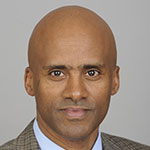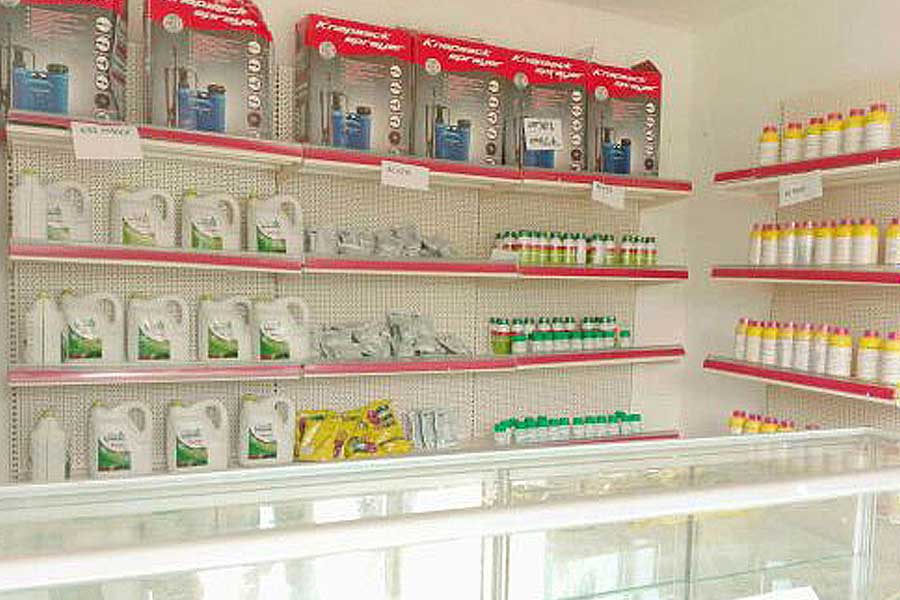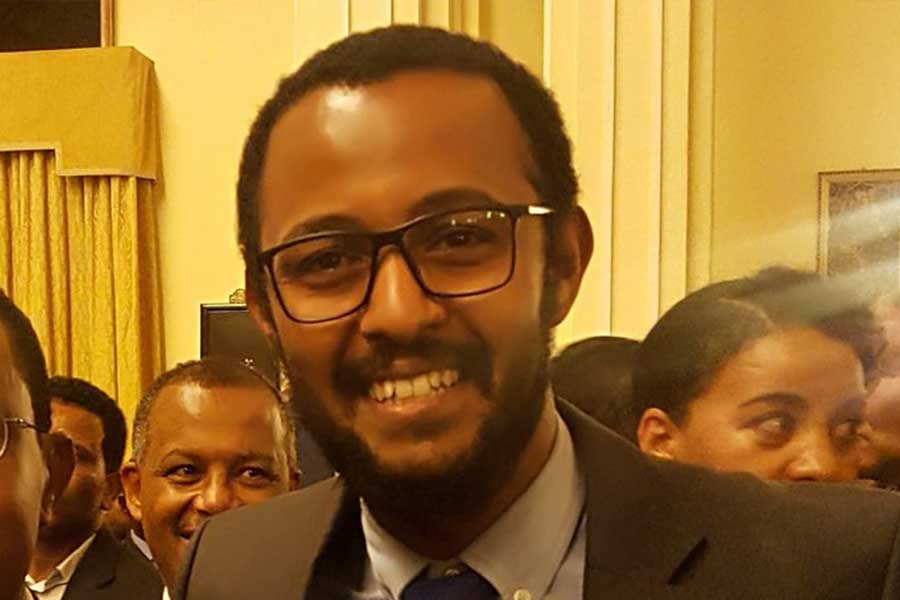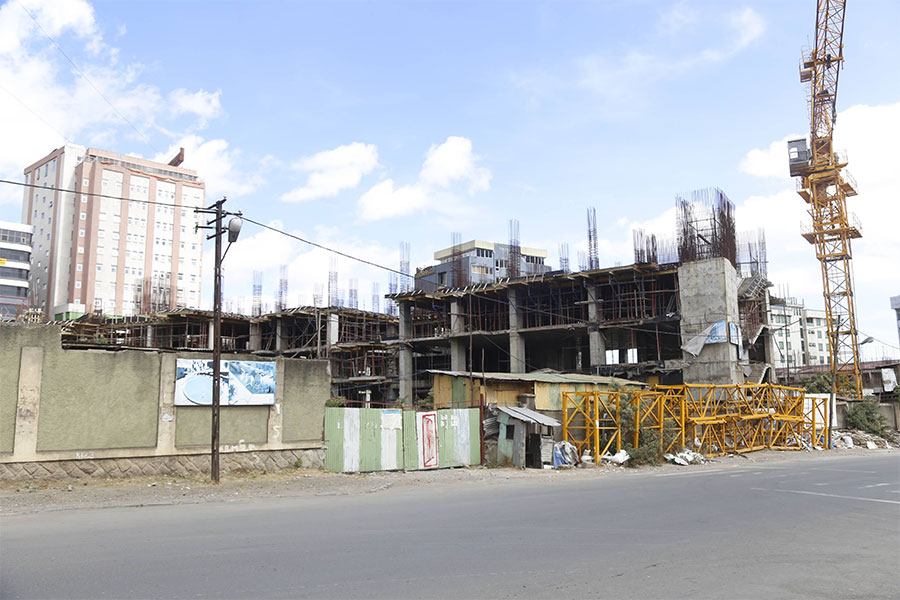
Radar | Mar 30,2019
Dec 31 , 2022
By Tsegaye Yilma (PhD)
Washington, DC, hosted the long-awaited and hyped US-Africa summit, with hundreds of dignitaries flooding the city. According to the US government, the objective of the three-day summit was to strengthen relationships based on principles of mutual respect and shared interests of values. It characterized the meeting as an opportunity to listen to and partner with its African counterparts on crucial areas for the continent’s future and global community. President Biden pledged 55 billion dollars during his speech to support the African Union’s 2063 agenda.
The practicality of the promises depends on the administration’s ability to convince congress and keep its side of the bargain. The President has two years in his current term, and time will tell if he will run for a second term or retain power. A change in administration could mean scrapping all the promises made by the Biden Administration. The US’s retreat from international commitments, such as the Paris Climate Agreement and the Iran Nuclear Deal during the Trump administration, are good examples.
It would not be in any African country’s interest to jeopardize relationships with China, Russia, and the emerging Middle East powers with the hope of getting a better deal from the US. Therefore, the burden should be on the US to reconsider its long-term commitment to African partners.
It is better to use the momentum to get back to AGOA and get any public grants and supports from the US public sector. In addition, Ethiopia should use the opportunity to get the required financial support from the multinational financial institutions controlled by the western world, which were dragging their feet due to their displeasure with the federal government.
However, whoever controls the White House, Ethiopia’s long-term focus needs to be viewed as attractive for Foreign Direct Investment (FDI) to a lasting tie between the two countries. Africa’s overall performance in attracting FDI has been dismal. Based on a 2022 report by the USDA Economic Research Service, the cumulative value of FDI positions abroad two years ago was over six trillion dollars compared to its most significant investment positions with Europe, Asia, the Pacific, Latin America, and western countries. Africa represented only about one percent of total investment positions abroad in two decades, under 48 billion dollars in 2020.
The dismal performance in attracting FDI means Ethiopia has to compete with other African countries for the limited capital flowing to the continent.
What gives a country a competitive edge to attract FDI?
China is the most successful country in attracting the market and using it to transform its economy and move millions of people out of poverty. Its success can be explained by its large domestic market, low wage costs, and improved infrastructure, according to the International Monetary Fund (IMF).
With a population of over 120 million, Ethiopia is an attractive destination for FDI directed toward providing products and services to the local market. According to Trade Data Monitor (TDM), in 2020, the country imported nearly 1.8 billion dollars of food and agricultural products. The figure indicates a robust domestic market for FDI. The country is a net importer of food commodities.
However, the attraction of the domestic market requires a conducive business environment and competitive labour force. Unfortunately, the country has a long way to reach that level. According to World Bank’s report, in 2020, Ethiopia ranked 29th in the continent compared to Kenya and Rwanda 3rd and 2nd in the continent respectively and 159th in the world. These independent reports are parts of a business’s due diligence package for investment decisions. The ranking would be even worse with the current security situation. Recently, BBC reported that rebels abducted more than a dozen employees of the Dangote Cement factory. The same report reads that 17 abductees were released after each paid between 5,000 to 9,000 dollars.
One of the topics in the US-Africa summit was the role of the African Diaspora. Given a better understanding of local culture and policies, the Ethiopian Diaspora could be an essential player in attracting foreign investment. The Chinese Diaspora in Hong Kong, Singapore, and Taiwan accounted for more than half of the FDI inflows into China. The Ethiopian Diaspora may not be as financially strong, but it has the potential to serve the purpose. However, the experience with Diaspora’s business activities is mixed with positive and negative stories.
Mohammed Hussein Ali Al-'Amoudi once said that his investment in Ethiopia was driven by his love for the country, not based on business feasibility. Though well-intentioned and philanthropic types of investment can help, true economic transformation cannot be achieved by depending on western handouts in the form of grants and budget support. It is up to all of us to make our country a peaceful, business-friendly, and vibrant destination for FDI and stand shoulder-to-shoulder with western partners.
PUBLISHED ON
Dec 31,2022 [ VOL
23 , NO
1183]


Radar | Mar 30,2019

Viewpoints | Apr 28,2024

Radar | Jun 17,2023

Agenda | Dec 01,2024

Fortune News | Mar 23,2022

Radar | Apr 03,2021

Commentaries | Mar 07,2020

Editorial | Aug 18,2024

Fortune News | Jul 18,2020

Fortune News | Jan 22,2022

Photo Gallery | 174590 Views | May 06,2019

Photo Gallery | 164818 Views | Apr 26,2019

Photo Gallery | 155014 Views | Oct 06,2021

My Opinion | 136695 Views | Aug 14,2021
Editorial | Oct 11,2025

Dec 22 , 2024 . By TIZITA SHEWAFERAW
Charged with transforming colossal state-owned enterprises into modern and competitiv...

Aug 18 , 2024 . By AKSAH ITALO
Although predictable Yonas Zerihun's job in the ride-hailing service is not immune to...

Jul 28 , 2024 . By TIZITA SHEWAFERAW
Unhabitual, perhaps too many, Samuel Gebreyohannes, 38, used to occasionally enjoy a couple of beers at breakfast. However, he recently swit...

Jul 13 , 2024 . By AKSAH ITALO
Investors who rely on tractors, trucks, and field vehicles for commuting, transporting commodities, and f...

Oct 11 , 2025
Ladislas Farago, a roving Associated Press (AP) correspondent, arrived in Ethiopia in...

Oct 4 , 2025
Eyob Tekalegn (PhD) had been in the Governor's chair for only weeks when, on Septembe...

Sep 27 , 2025
Four years into an experiment with “shock therapy” in education, the national moo...

Sep 20 , 2025
Getachew Reda's return to the national stage was always going to stir attention. Once...

Oct 12 , 2025
Tomato prices in Addis Abeba have surged to unprecedented levels, with retail stands charging between 85 Br and 140 Br a kilo, nearly triple...

Oct 12 , 2025 . By BEZAWIT HULUAGER
A sweeping change in the vehicle licensing system has tilted the scales in favour of electric vehicle (EV...

A simmering dispute between the legal profession and the federal government is nearing a breaking point,...

Oct 12 , 2025 . By NAHOM AYELE
A violent storm that ripped through the flower belt of Bishoftu (Debreziet), 45Km east of the capital, in...